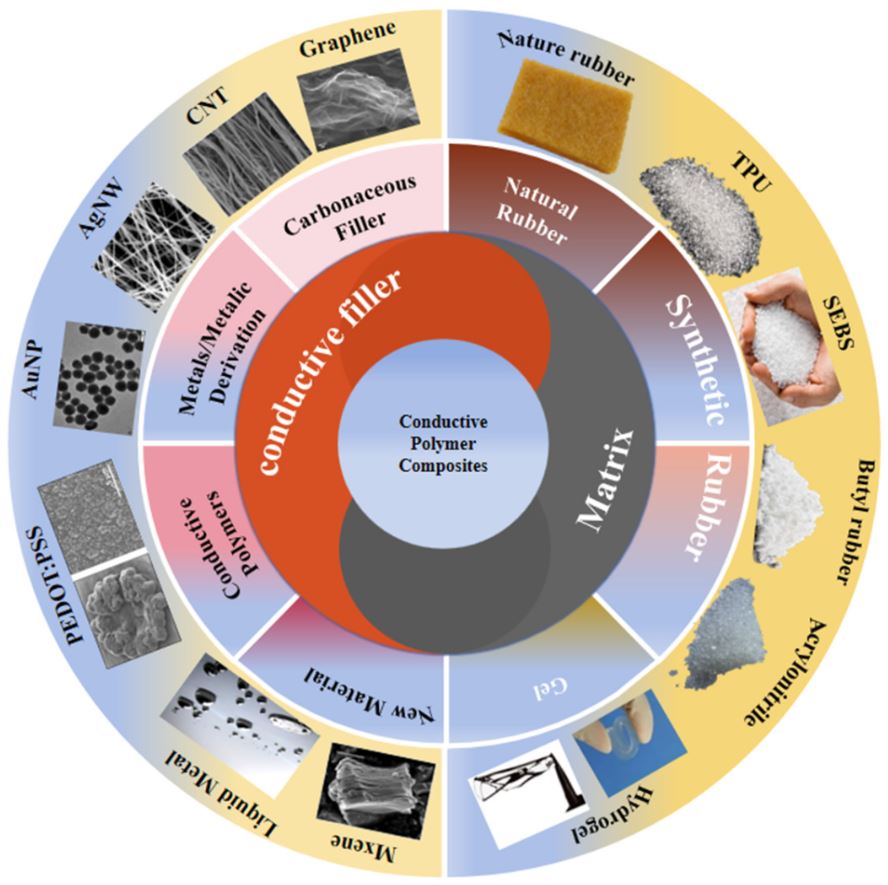 Scientists at the Max Planck Institute for Polymer Research have developed a clever method to enhance conductive polymers, an advance that may soon redefine wearable biosensors. By transfer‐printing the polymer PEDOT:PSS and letting plasticisers from the substrate diffuse into the film, the team has managed to improve both its electrical conductivity and stretchability.
Scientists at the Max Planck Institute for Polymer Research have developed a clever method to enhance conductive polymers, an advance that may soon redefine wearable biosensors. By transfer‐printing the polymer PEDOT:PSS and letting plasticisers from the substrate diffuse into the film, the team has managed to improve both its electrical conductivity and stretchability.
Dr Ulrike Kraft, who heads the Organic Bioelectronics Research Group, explained, “Our method addresses the classic challenge of balancing stretchability with conductivity, paving the way for sensors that blend seamlessly with the skin.” This improvement comes as the polymer chains naturally align under strain, a shift that boosts conductivity—an essential feature for devices monitoring heart rate, stress hormones, and other vital signs.
Carla Volkert, the study’s first author and a doctoral student, added that the diffusion of plasticisers not only ramps up the polymer’s electrical performance but also deepens our understanding of stretchable electronics. The research team confirmed their findings using a range of techniques, including electrical characterisation and Raman spectroscopy, ensuring that the results are both robust and insightful.
If you’ve ever been frustrated by bulky, rigid sensors, this development brings us a step closer to flexible, skin-like devices that adapt to every move you make. The innovative process promises to influence how we design and manufacture biosensors, making wearable technology smarter and more comfortable.








